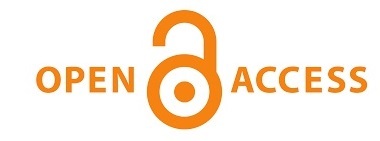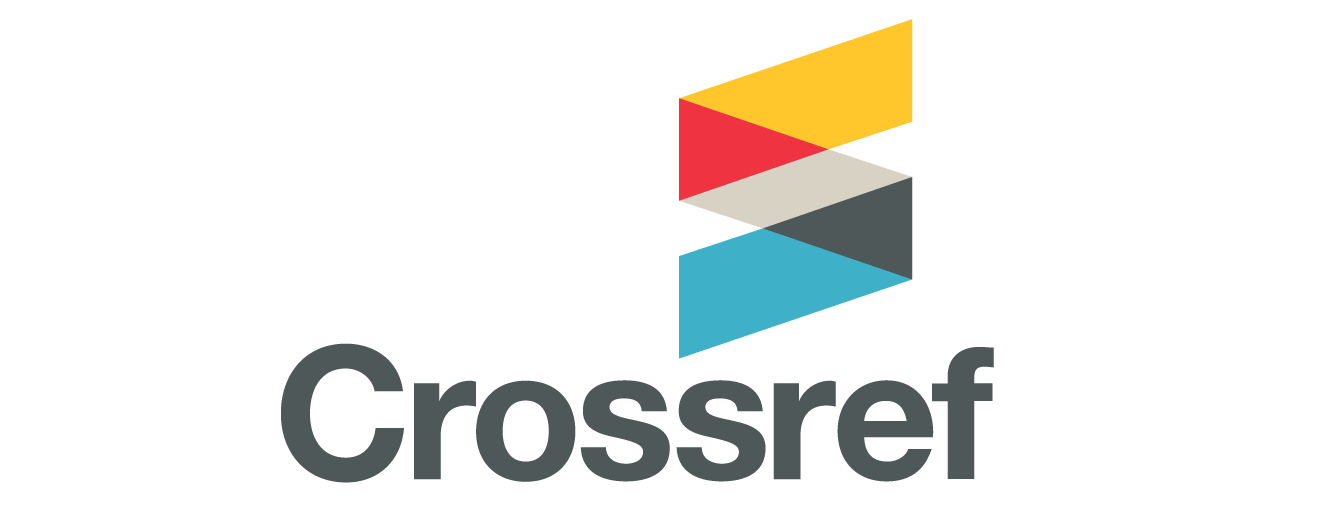Social and Gnoceological Challenges and Transformations of the Scientific Ethos (analyzing of the Covid-19 pandemic)
DOI:
https://doi.org/10.15407/sofs2023.01.057Keywords:
ndogenous method of forecasting, human resources in R&D, age structure of researchers, youth replenishment, age group, total number of researchersAbstract
The article presents a new modification of the endogenous method for forecasting the evolution of the human resources in R&D, used for forecasting the dynamics of the number of researchers. It shows that the human resources in the Ukrainian R&D are in crisis, and their numerical decline will continue even if the number of young people enrolled in research institutions stabilizes. This is because the age structure of researchers is such that the probable number of losses due to natural mortality exceeds the youth replenishment, and the difference between them will grow as the share of older age groups increases. As shown by the calculations, it is the reason why the stabilization or halt of the annual decline in the number of young people enrolled in R&D will not slow down the rate of decline in the total number of researchers. A certain but insignificant increase after 2030 can occur only when 30 percent annual increase in the youth replenishment will be reached. This gives evidence of the urgency of measures to make the research profession more attractive to young people, which must be drastic enough to stop the degradation of the human resources in the national R&D. Otherwise, for a long time the Ukrainian economy will not have an adequate R&D support for the innovative development. Several options of the recovery dynamics of the human resources in the Ukrainian R&D were calculated, to demonstrate the possibility of finding the optimal sequence of actions for its implementation. The authors’ estimates showing how the age structure of the total research personnel is expected to change along with their numerical increase are given.
References
Schneegans, S., Lewis, J., & Straza, T. (2021). UNESCO Science Report: the Race Against Time for Smarter Development – Executive Summary. Paris: UNESCO Publishing [in Russian].
OECD (2021). Science, Technology and Innovation Outlook. Times of Crisis and Opportunity. https://doi.org/10.1787/75f79015-en
Rijs, C., & Fenter, F. (2020). The Academic Respons to COVID-19. Front. Public Heals. 8. https://doi.org/10.3389/fpubh.2020.621563
Merton, R. (2006). Social theory and social structure. Moscow: ACT [in Russian].
Ziman, J. (2000). Real Science: What It is, and What It Means. Cambridge University Press, Cambridge. https://doi.org/10.1017/CBO9780511541391
Macfarlane B., & Cheng M. Communism, Universalism and Disinterestedness: Re-examining Contemporary Support among Academics for Merton’s Scientific Norms. Journal of Academic Ethics. January 2008. URL: https://www.researchgate.net/publication/226596731 (last accessed: 20.12.2022).
Gorbulin, V.P., & Danik, Yu.G. (2020). National security of Ukraine: the focus of priorities in the minds of the pandemic. Visn. Nac. Akad. Nauk Ukr. 5, 3—18 [in Ukrainian].
Sultanova, L., & Zheludenko, M. (2020). The impact of the COVID-19 pandemic on the development of educational systems in global, European and national dimensions. Adult Education: Theory, Experience, Prospects. 2, 171–183 [in Ukrainian].
Science, research and innovation performance of the EU (2022). Building a sustainable future in uncertain times European Commission. Manuscript. https://doi.org/10.2777/78826
Aksoy, C.G., Eichengreen, B., & Saka, O. (2020). Revenge of the Experts: Will COVID-19 Renew or Diminish Public Trust in Science? IZA – Institute of Labor Economics, 13865. URL: https://www.econstor.eu/bitstream/10419/232617/1/dp13865.pdf (last accessed: 20.1 2.2022).
Evans, R. (2022). SAGE advice and political decision-making: «Following the science» in times of epistemic uncertainty. Social Studies of Science. 52, 53—78. https://doi.org/10.1177/03063127211062586
Swiss National COVID-19 Science Task Force (2022). Final report of the Swiss National COVID-19 Science Task Force. URL: https://sciencetaskforce.ch/wp-content/uploads/2022/06/AbschlussberichtSTF29Mar2022-DE_en_final.pdf (last accessed: 02.01.2023).
Downloads
Published
How to Cite
Issue
Section
License
Copyright (c) 2023 Science and Science of Science

This work is licensed under a Creative Commons Attribution-NonCommercial-NoDerivatives 4.0 International License.





